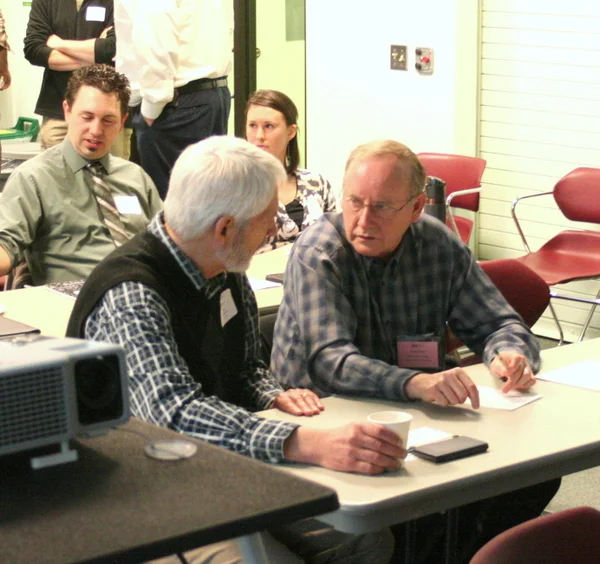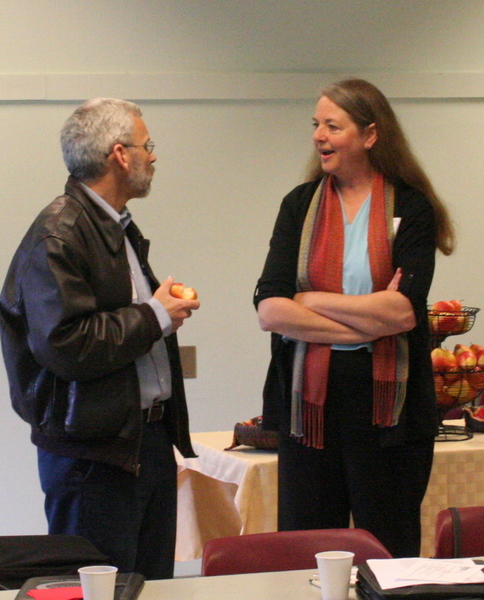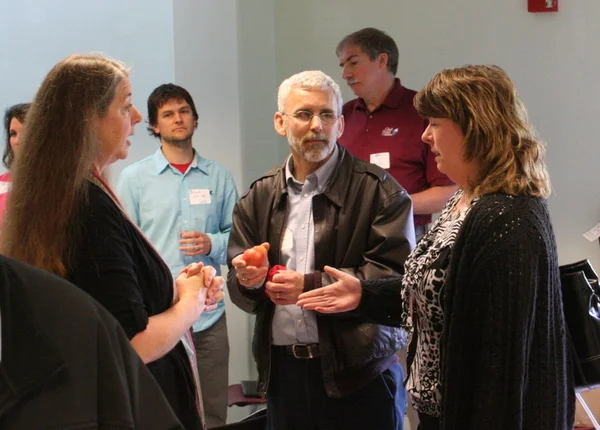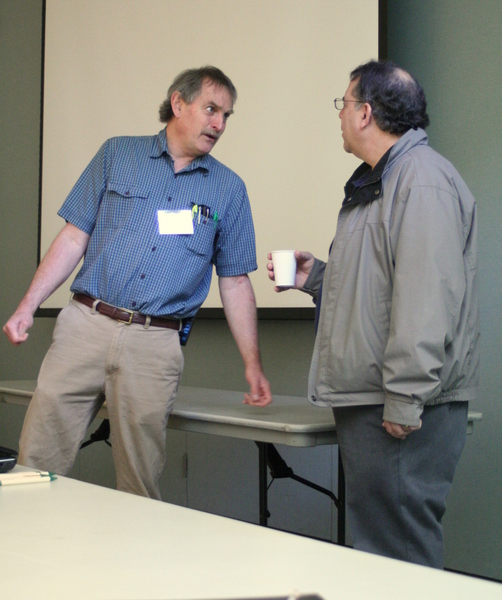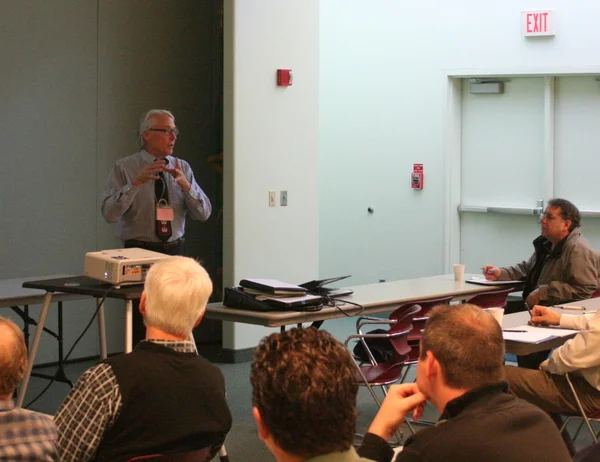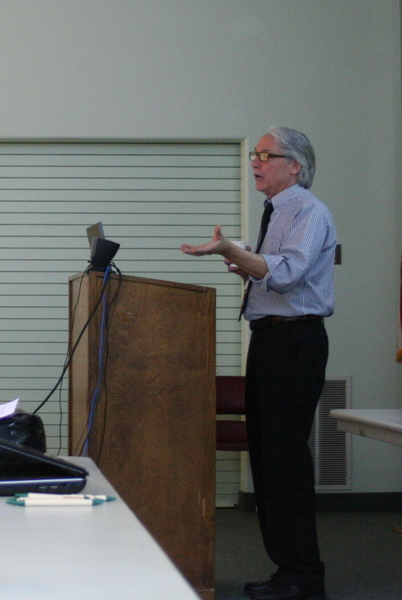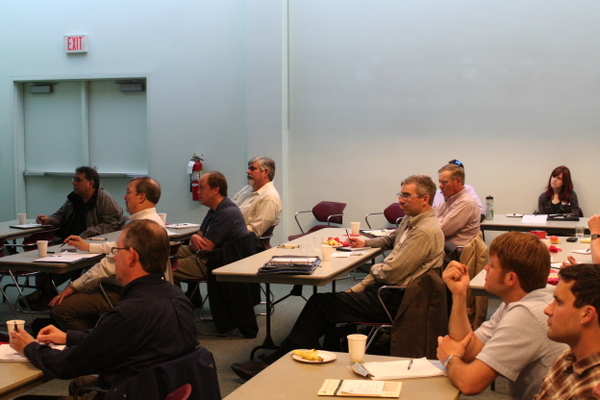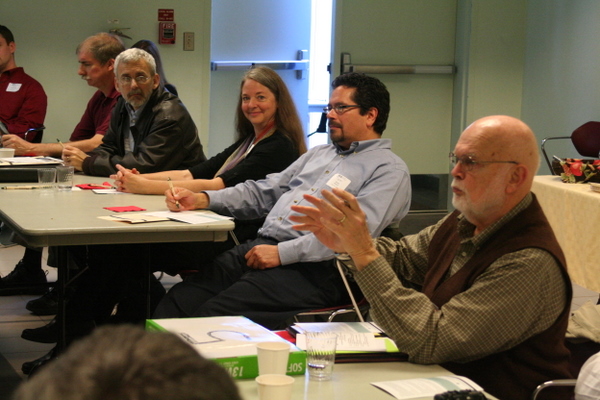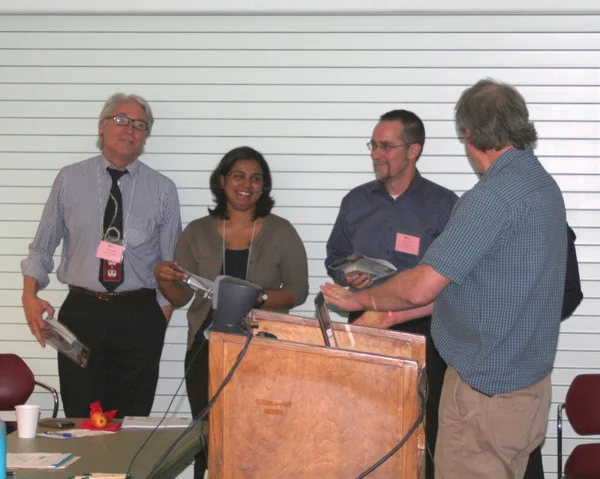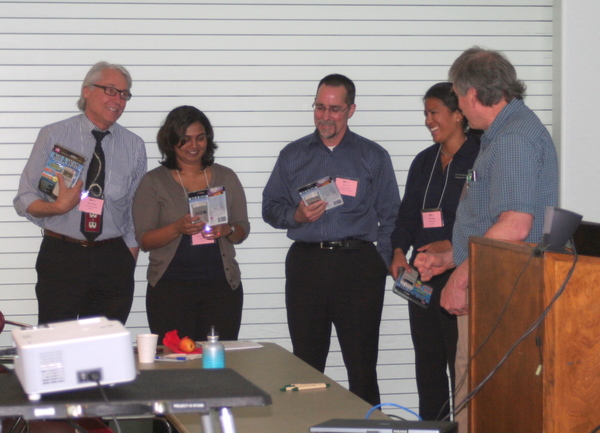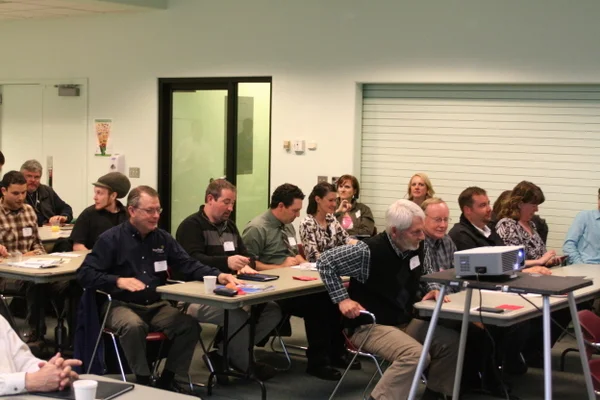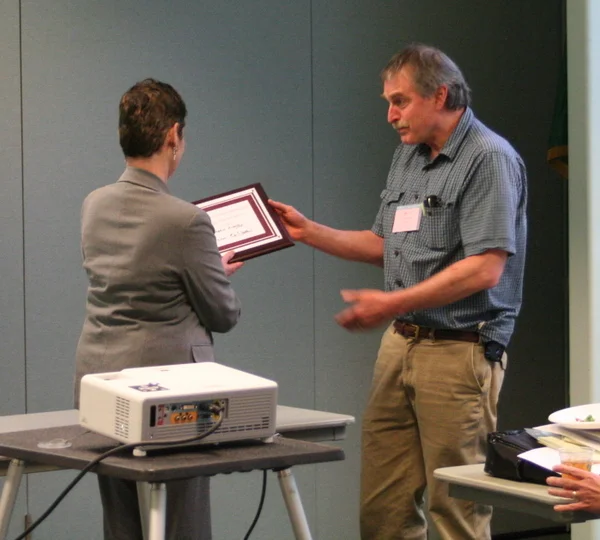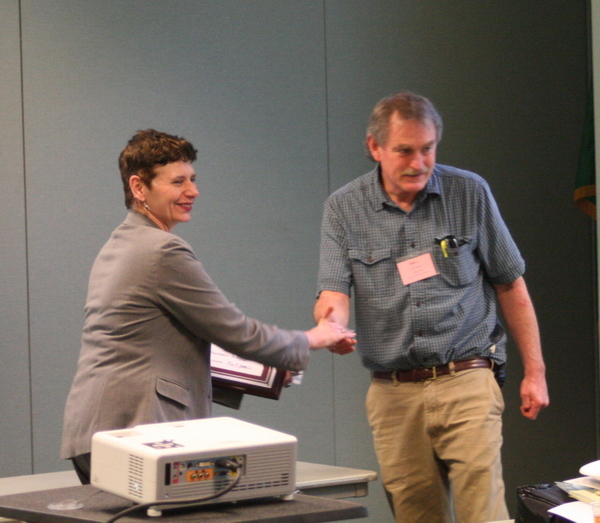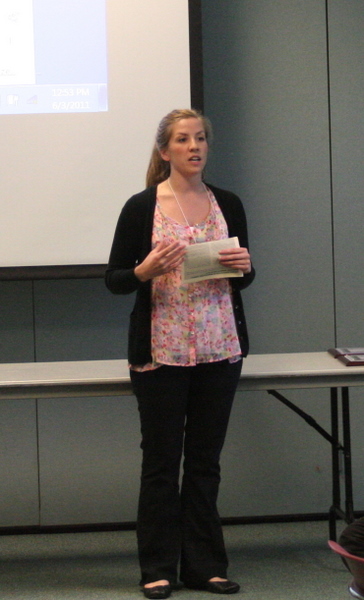Summer 2011 Forum
RCMs, Energy Managers, Sustainability Coordinators...Who Needs 'Em? (You Do!)"
What RCMs, EMs, SEMPs, Sustainability Coordinators, and the like, can do for your bottom line
June 3, 2011
Clark PUD Vancouver, WA
How many times have you heard about a brand-new building, or even a retrofit, designed with sustainability and energy efficiency in mind, only to find the building uses much more energy than by design? Why is that?
Often its because the design frequently depends on specific behavior and knowledge of the building occupants and operators. Unfortunately, occupants are rarely informed of their role in helping a building run efficiently and operators are more focused on addressing and resolving complaints. Its not uncommon for a building operator to invoke a repair that indeed makes the complaint go away but fails to consider the efficiency involved in the activity.
One of the most effective ways to optimize design efficiencies is to enlist the assistance of someone whose sole focus is to make sure operational strategies are aligned with efficiency goals on an ongoing basis. One of the best ways to accomplish this is to hire a person or firm that has extensive and sufficient training in this area, such as a Resource Conservation Manager (RCM), Sustainability Coordinator, Energy Manager, etc. While these terms are often used interchangeably, each offers a unique approach to building operations and should be considered in that light. This forum will focus primarily on the role of the RCM. Once thought of as an adjunct to facility operations, focused on closing doors and turning off lights, Resource Conservation Management has become much more than that.
In building on our 2011 theme of “Overcoming Resistance to Energy Efficiency,” our Summer Forum focused on these roles and the significant value they can bring to the bottom line with relatively little investment on the part of the building owner or operator. Roger Ebbage with the Northwest Energy Education Institute and Lane Community College, characterized his educational program and the value graduates of such a program can bring to a variety of arenas such as building design and operation, utility programs, ESCOs, and energy management programs, to name a few. See Roger's Presentation
Since November of 2008, Evergreen Public Schools (Vancouver, Washington) has saved over $3.5 million dollars in energy costs. Their annual energy expenditures went from just over $4 million, and trending upward, to less than $3 million, and still trending downward. Much of the savings can be attributed to an efficiency focus brought to the district upon their hiring an RCM and their utilization of ENERGY STAR's "Guidelines For Energy Management." Dave Cone offered a case study of his work with the district, and described how the culture of the district, both staff and operations, has been altered to embrace efficiency, which accounts for a large portion of the savings. See Dave's Presentation
Many utilities have embraced RCM as a strategy to support their customers. Sheryl Anayas with Puget Sound Energy (PSE) had a presentation that illustrated why a utility such as hers, financially supports Resource Conservation Management as a valuable means to significantly reduce energy consumption among it customers. See Sheryl's Presentation
Of course RCM strategies that work for one sector of building owners and operators may not work for others. Programs implemented in a school, for example, operated and occupied by the building owner’s employees, may not be as effective in an apartment or office building where occupants are simply renting or leasing a space and there’s a disconnect between the owner and the occupant. These facilities may even be operated by an entity totally unaffiliated with the occupants or owners, offering a unique challenge to efficient operations. To this end Priya Premchandran, SERA Architects reviewed a variety of activities that can be employed in these situations.
Presentations:
Roger Ebbage, Northwest Energy Education Institute
